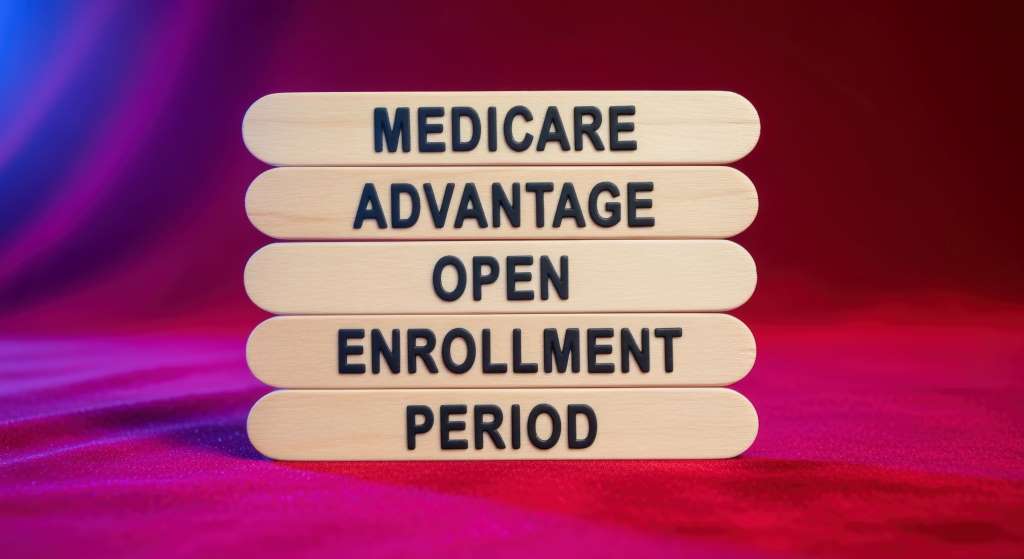In the “Dear John” column of the New York Post, a reader asked, “Can Medicare Part D be opted out of?”
The Answer: For all Medicare questions, I go to the experts.
“Medicare Part D is prescription drug coverage that once you turn 65, you are eligible to purchase. If, however, at age 65 you are still covered by your employer, your former employer, or your spouse’s employer or former employer’s health coverage, you do not have to enroll in Part D,” said Howard Hook, principal and senior wealth adviser at EKS Associates in Princeton, N.J.
But the coverage you are replacing Part D with must be credible.
“Failure to enroll in Part D when you do not have creditable coverage elsewhere will result in a penalty being assessed by Medicare,” Hook said. That penalty is equal to the number of months you did not have Part D or creditable coverage multiplied by 1 percent of the “National Base Beneficiary” monthly premium.
And the penalty can increase every year.
What’s “credible” coverage? It’s when you are expected to pay, on average, as much as the standard Part D plan pays.
The original article was written by John Crudele and published on the New York Post website.



